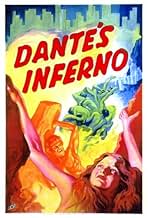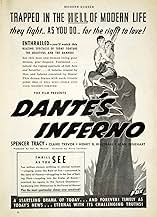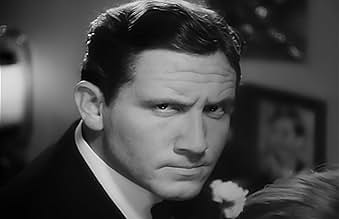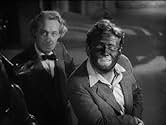No one has commented that Dante's Inferno, starring Spencer Tracy, was clearly based on a true story.
In the main part of the 1935 movie, Tracy plays an unscrupulous amusement park owner who decides his next attraction will be a trip through Hell called "Dante's Inferno". In his usual corner-cutting manner, fire protection measures are short-changed with the inevitable result that there is a disastrous fire. Following this is a dream sequence in which Dante's vision of Hell is re-enacted and Tracy is appropriately punished. Finally there is an ending that I won't reveal.
The non-fantasy part of the story is strikingly similar to an actual, highly publicized, event that took place about 20 years earlier than the conception of the movie. At that time, Coney Island, which is part of Brooklyn, itself part of New York City, was the premier amusement park area of the world. There were two parks, Steeplechase, which emphasized fun and sex, and Luna Park, which emphasized art and youth. William H. Reynolds, an underhanded real estate developer and former Republican state senator, was attracted by the profits and decided to create a third giant park. He called his Dreamland.
Following his typical pattern, Reynolds, through his ties to the corrupt Tammany Democratic political machine, was able to have streets closed to make some inexpensive land suitable for a large amusement park. This deprived poor people of access to the beach, but so what? Patrons of his park, and of luxury hotels, had no problem.
Oddly, his concept, despite the usual sleazy attractions, also had morality, even religiosity, as a major theme. It started off with an attraction called Genesis, the Bible story of the creation of the world. There was another called Destruction of Pompeii, presumably as payment for wickedness. His crowning effort along this line was called Hell Gate, a fantasy ride through Hell, with a gigantic Satan smirking over the entrance.
In the early hours of May 27, 1911, as they rushed to ready the attraction for the Spring opening, workers accidentally started a fire. Firefighters responded, but because of low water pressure (for which many also blamed Reynolds' machinations), could not prevent its spread and all of Dreamland, including Hell Gate, was destroyed.
Don't you agree that the inspiration, if not the actual plot of the movie Dante's Inferno, was drawn from real life? And isn't it amusing that, considering his behavior, Reynolds was so preoccupied with morality and retribution?
Incidentally, I saw this film when I was 15 and it scared me silly.







































